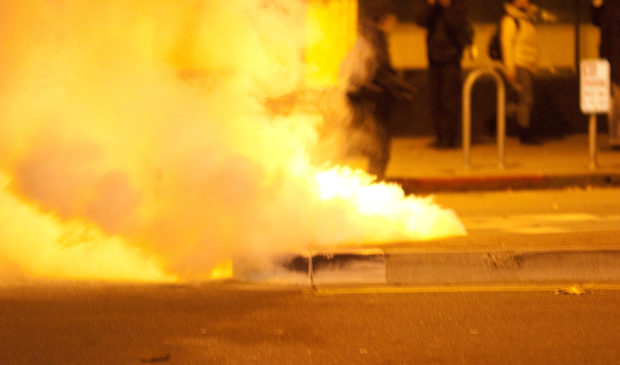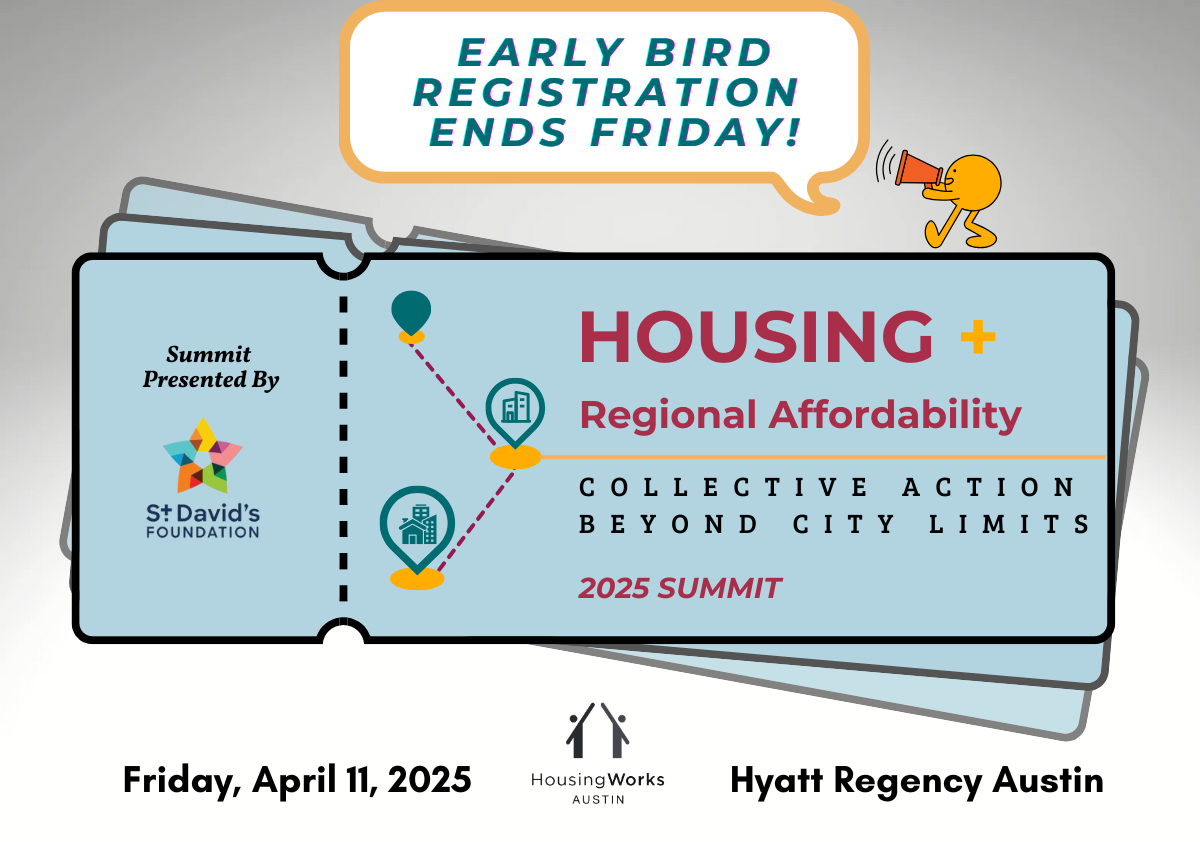APD releases after-action report detailing response to 2020 protests
Friday, September 23, 2022 by
Emma Freer In the two years and four months since thousands of Austinites protested the police killing of George Floyd, 19 Austin police officers have been indicted for using so-called less-lethal ammunition, or beanbag rounds, on protesters, and the city of Austin has reportedly paid out $15 million in settlements to those injured.
Now, the Austin Police Department has released an after-action report detailing its response to the May 2020 protests, recommending improvements and providing an update on policy changes enacted in the interim.
“I can promise you that we will never see another response similar to the one that we saw in summer of 2020,” APD Chief Joseph Chacon said at a Sept. 16 press conference.
APD officers deployed more than 700 beanbag rounds in the first two days of the protests, causing “unintended injuries,” according to the report. Officers also used baton strikes and tear gas and pepper spray, requiring “urgent medical assistance” and provoking more than 300 “protest-related formal complaints” to the city’s Office of Police Oversight.
Since the protests, APD has implemented several policy changes, increasing training in de-escalation techniques, crowd management and riot control, and cross-training across specialized response units to ensure a more integrated response during large-scale protests.
The report also highlights what APD believes it did well, including leadership’s decision to suspend the use of beanbag rounds two days into the protests. The report also praised officers’ work ethic in the face of “arduous conditions” and “substantial abuse.”
But local criminal justice reform advocates were unimpressed.
Scott Henson, policy director of Just Liberty, described the report in a tweet as “justifying everything (APD) did and making excuses (for) terrible management decisions while eliding any specifics of the hundreds of misconduct complaints lodged against officers.”
Chacon acknowledged the delay in releasing the report, which he attributed to a change in leadership (former APD Chief Brian Manley retired in March 2021) and ongoing police reforms.
After the protests, which prompted public outcry, City Council cut APD’s budget for Fiscal Year 2020-21 and temporarily suspended its training academy, pending changes to the curriculum, as part of the city’s broader initiative to “reimagine public safety.”
“The review and analysis of the protests from 2020 have been ongoing since that summer,” Chacon said during the press conference. “From the very beginning of the protests and riots, APD has been working to identify problem situations and responses, so that strategies that are more effective could be employed.”
The report’s release coincides with ongoing calls for increased civilian oversight of the police department.
Austin voters will decide in May whether to pass a police oversight act that would remove the Office of Police Oversight and Community Police Review Commission from the purview of the city’s labor contract with the police union. The act also would grant the office and the commission access to any police records they require, including confidential personnel files, and allow the office to recommend disciplinary action in cases of police misconduct.
The ballot measure stems from an initiative petition spearheaded by Equity Action, a local political action committee.
Tyree Talley, who alleges APD used excessive force against him in the protests, spoke about the consequences of his injuries at a Council meeting in mid-September. “I was very fortunate that my eyes were not impacted. Being deaf, I could have been blinded,” he said. “I did not know what was going on. I had no warning.”
Photo made available through a Creative Commons license.
The Austin Monitor’s work is made possible by donations from the community. Though our reporting covers donors from time to time, we are careful to keep business and editorial efforts separate while maintaining transparency. A complete list of donors is available here, and our code of ethics is explained here.
You're a community leader
And we’re honored you look to us for serious, in-depth news. You know a strong community needs local and dedicated watchdog reporting. We’re here for you and that won’t change. Now will you take the powerful next step and support our nonprofit news organization?






